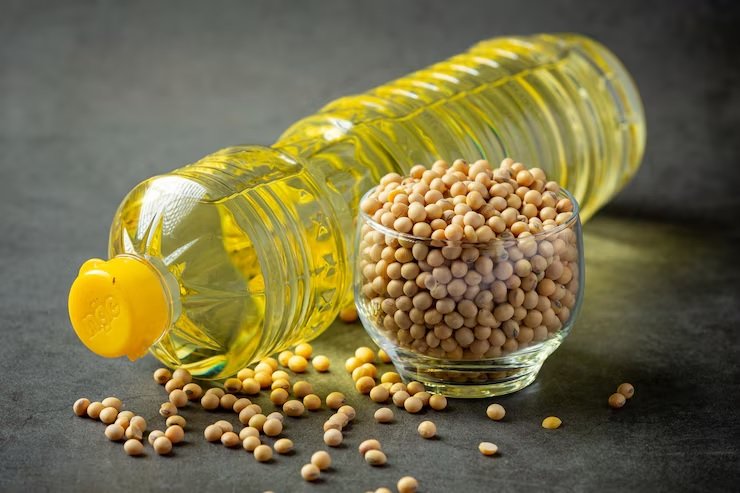Linking oilseed MSP to oil content could help reduce India’s rising import bill
15-Oct-2025 10:31 AM

Delhi. Earlier this month, the Commission for Agricultural Costs and Prices (CACP) — the main body that determines the Minimum Support Price (MSP) for the central government — suggested in a non-price recommendation for the 2026–27 rabi marketing season that the MSP of oilseed crops such as mustard and safflower be linked to their oil content. The objective of this proposal is to encourage the production of higher oil-content varieties and ensure better prices for farmers.
CACP noted that the Indian Council of Agricultural Research (ICAR) has developed several high oil-content varieties and improved management techniques for mustard and safflower to increase their oil yield.
At present, farmers have no specific incentive to adopt these varieties or technologies, since they receive no additional benefit for producing crops with higher oil content. Therefore, it is necessary to reward farmers who produce such high oil-content crops.
“Accordingly, the Commission recommends that the MSP of mustard and safflower be linked to their oil content — with 34 percent for mustard and 28 percent for safflower as the standard levels,” CACP stated.
It further suggested that for every 0.25 percentage point increase above these levels, farmers should receive an additional incentive, encouraging them to cultivate higher oil-content varieties and expand their acreage.
The Solvent Extractors’ Association (SEA) said that if this recommendation is implemented, it would motivate farmers to produce higher oil-content crops and help reduce India’s growing dependence on edible oil imports.
India imported about 16 million tonnes of edible oils during the 2023–24 marketing year (November to October), valued at around ₹1.32 lakh crore. During the COVID period (2021–22), the import bill had reached a record ₹1.57 lakh crore.
